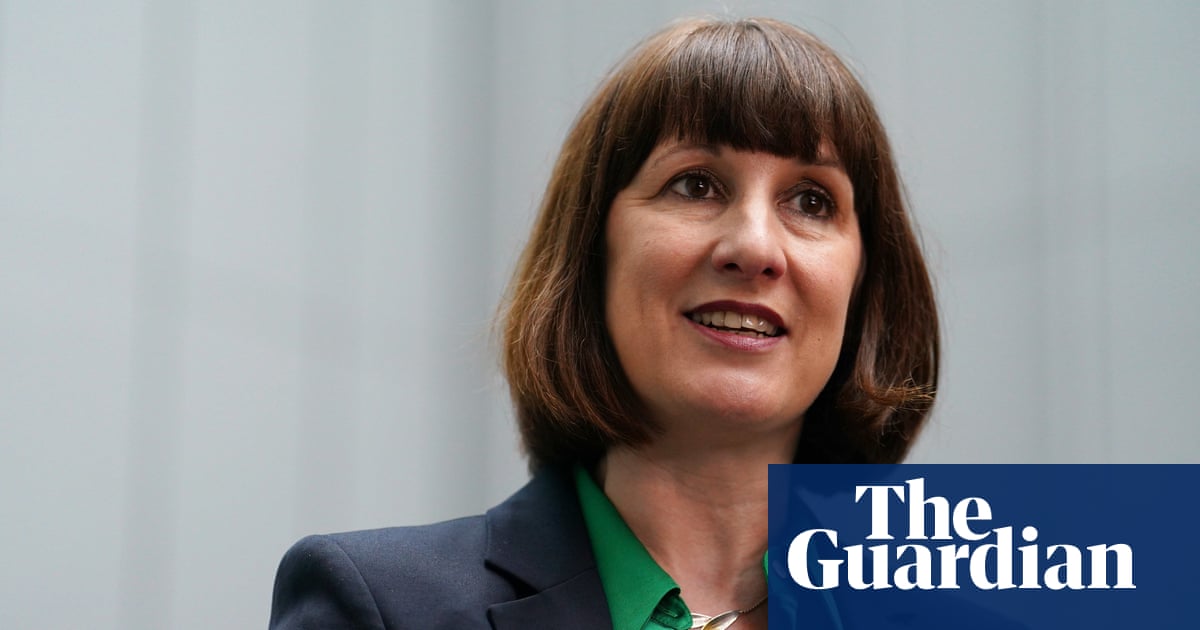
Ministers are considering a tax raid of up to £3bn on the gambling sector as Rachel Reeves casts around for funds to shore up the public finances.
Treasury officials are understood to be weighing up proposals, put forward by two influential thinktanks and backed by one of the party’s top five individual donors, to double some of the taxes levied on online casinos and bookmakers.
Measures could be included in this month’s budget, Labour’s first in 14 years, as the chancellor tries to plug the £22bn “black hole” that she claimed to have found in the nation’s finances after taking office.
Sources familiar with the discussions said the Treasury had yet to make a decision but appeared receptive to tweaking the UK’s complex regime of betting and gaming duties to raise extra funds of between £900m and £3bn, despite opposition from industry lobbyists.
“It’s definitely on the map,” said a source familiar with Treasury thinking. “There’s no obvious pushback to it.”
The call for higher taxes on the £11bn-a-year sector is backed by Derek Webb, a former poker player and casino game inventor, who has funded campaigns for stricter regulation of the gambling industry.
Webb has given £1.3m to Labour since the start of 2023, making him the party’s fifth-largest individual donor during that period.
One of the tax plans that Treasury officials are looking at comes from the left-leaning Institute for Public Policy Research (IPPR).
A report by the thinktank estimates the government could raise £2.9bn next year – and up to £3.4bn by 2030 – by doubling taxes on “higher harm” products such as online casino games.
The UK levies seven types of betting and gaming duty, including on the national lottery, with the exact rate varying depending on the type of activity.
Last year, the taxes raised £3.3bn, or about £2.2bn excluding lottery duty.
Under the IPPR’s proposals, the Treasury would leave duties untouched on “lower harm” activities, such as the lottery and bingo.
But the proposal would involve doubling taxes such as the 15% general betting duty, levied on high-street bookmakers’ profits.
Remote gaming duty, which affects online operators, is charged at 21% but would be raised to 50% under the IPPR’s plan.
“We suggest this is the best application of the ‘polluter pays’ principle and it will create incentives for companies to focus on lower-harm products,” the thinktank said.
The suggestion forms part of a report published in June by the IPPR’s commission on health and prosperity, chaired by the former health minister Ara Darzi and Dame Sally Davies, the former chief medical officer for England.
Another thinktank, the Social Market Foundation, is working on a more moderate proposal that would double the tax on online gambling companies from 21% to 42%, raising about £900m.
The SMF, part-funded by Webb, is expected to point the Treasury to the example set in other jurisdictions, such as several states in the US, where online gambling taxes are far higher than in the UK.
A spokesperson for the Betting and Gaming Council, which is understood to have lobbied against tax rises, said: “Comparable markets abroad which have imposed draconian regulations and disproportionate tax regimes have seen a spike in illegal black market gambling.”
One industry source said: “The anti-gambling lobby has donated at least £1m to Labour over the past 18 months and you have to wonder what they expect to get in return for that.”
Dan Waugh, an adviser at the gambling consultancy Regulus Partners, warned a tax increase could have “adverse consequences”. He said: “If one raises the cost of consumption, it is conceivable that one may cause additional harm, because at some point the consumer will bear that additional cost.”
However, a second source familiar with the discussions between thinktanks and the Treasury said: “The expectation is that it will be on the table and they [Treasury officials] will decide in the final days when they need to make it all [the budget] add up.”
Treasury officials under the Conservative government have previously consulted the gambling industry over wide-ranging changes that would simplify the tax regime governing the sector.
One of the biggest concerns is the potential impact on horseracing, which relies heavily on money from the gambling industry via a levy and the purchase of media rights.
A spokesperson for the Treasury said they could not comment on what was going to be in the budget.












